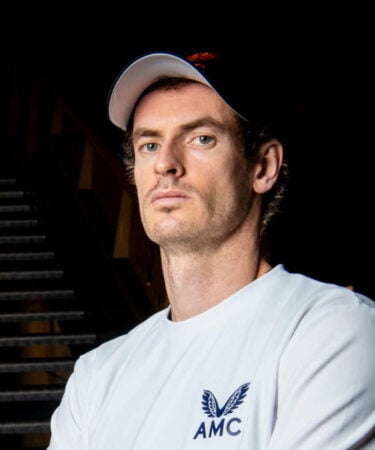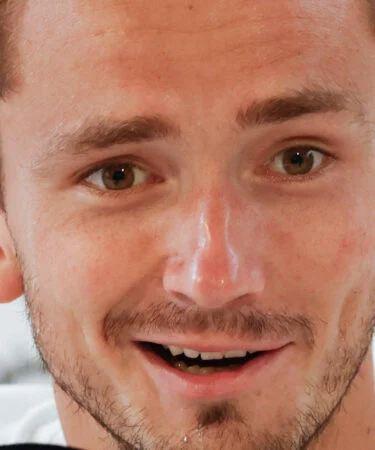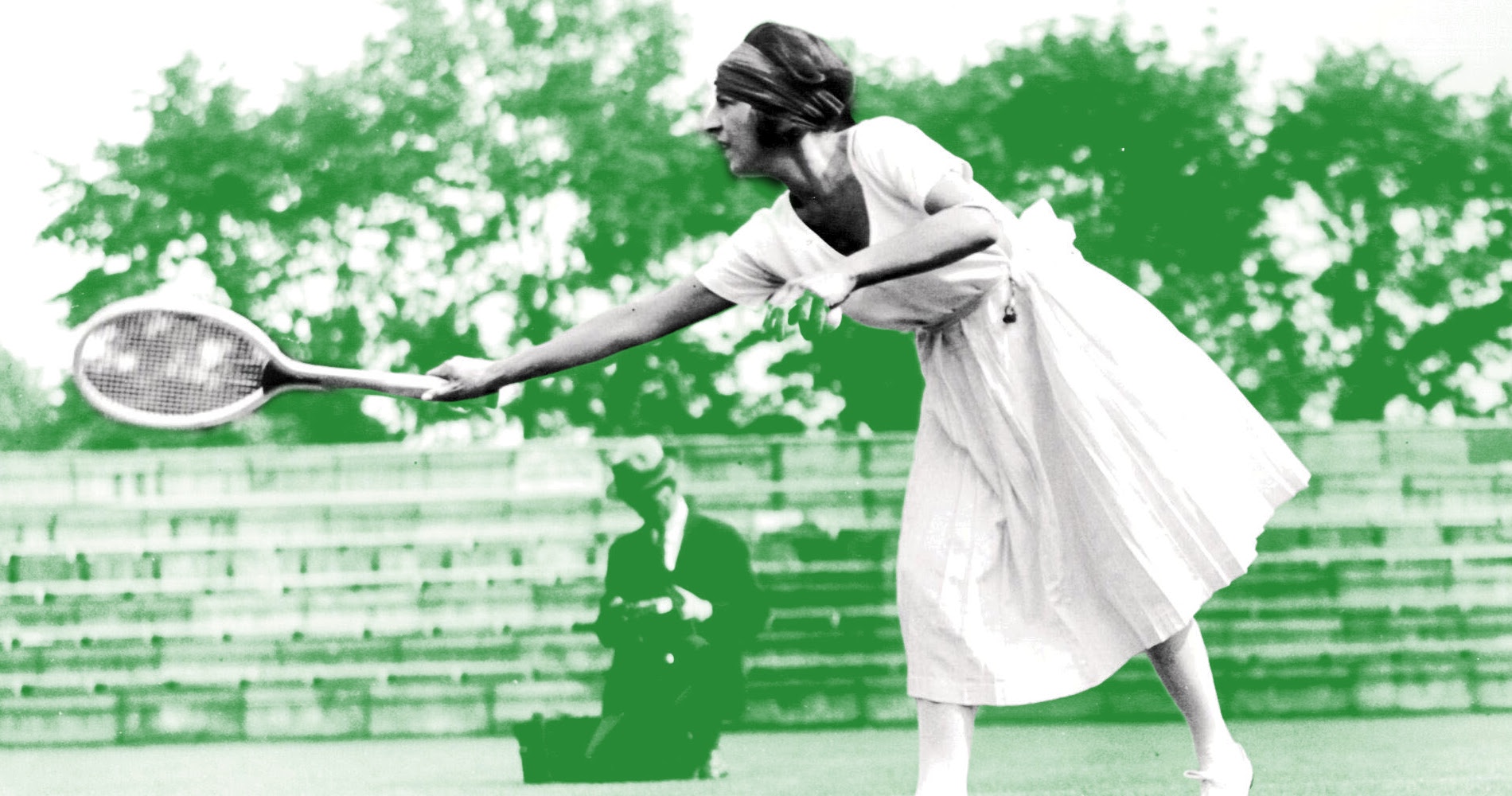The pro who doesn’t watch tennis: a way to switch off for some, a “generational problem” for others
Watching tennis outside of tournaments and in one’s spare time is not a habit adopted by all players – in fact, it’s slowly disappearing
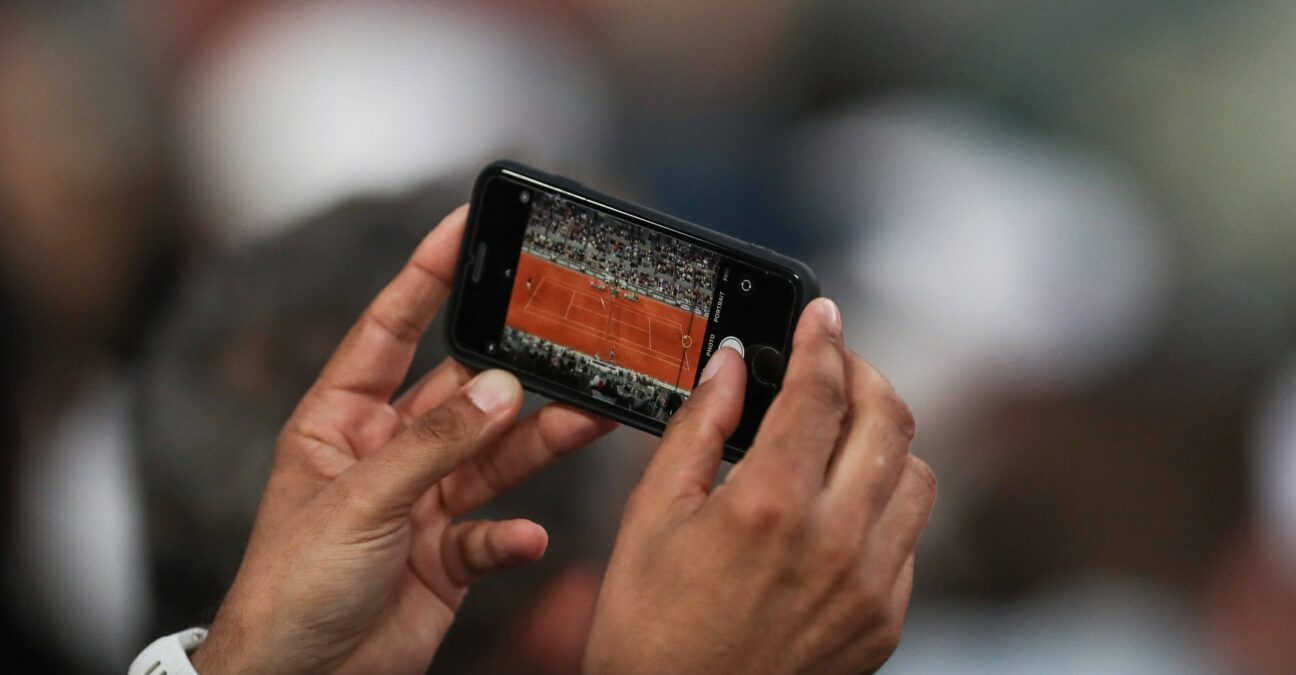 A smartphone at Roland-Garros (Maxime Le Pihif/SIPA)
A smartphone at Roland-Garros (Maxime Le Pihif/SIPA)
At Wimbledon, the statement came as something of a surprise when Daniil Medvedev appeared at the press conference after his Round of 16 victory: “When I’m not in the tournament, I don’t watch it. I like to switch off and do other things. I very rarely watch any.” Surprising as it may seem, the Russian is referring to… tennis.
A month later, on the sidelines of the Hopman Cup, Borna Coric agreed with the world No 3: “I never watch tennis. I don’t have the time because I want to go home and enjoy my friends.”
In an era where training schedules are becoming constant, where social networks have overtaken everything in free time, can we really blame players for not inflicting themselves with extra tennis matches to watch?
For Éric Winogradsky, Jo-Wilfried Tsonga’s coach between 2004 and 2011, it’s above all a question of generation: “Back then, we’d get a tape and watch the matches in their entirety. Nowadays, platforms offer a whole host of options for watching and analysing each other’s games.” Some players even hire their own analysts to avoid this chore.
However, the culture of winning also involves analysing the game of one’s opponents. Andy Murray, three-time Grand Slam winner and a veteran of the sport, admitted to having learned a great deal by watching this year’s Wimbledon final between Novak Djokovic and Carlos Alcaraz, won by the Spaniard.
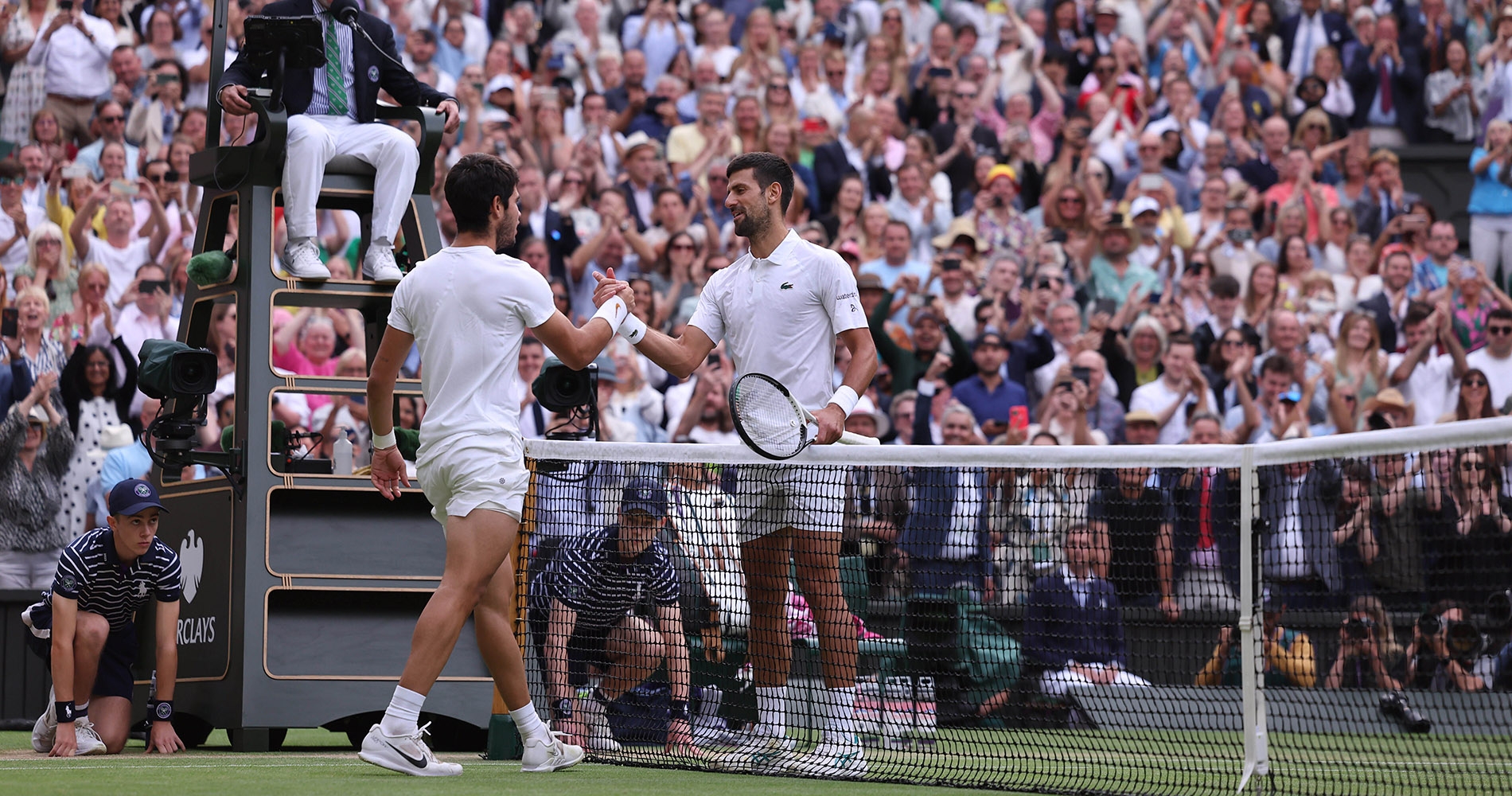
“As the match went on I thought they both played better and better. You could also see Alcaraz learning, like, as the match was going on, as well […] I was also looking like a little bit at the teams and looking at seeing the players and their reactions between the points.
“You know, although, you know, both of them may be sometimes on the TV it can appear like they’re calm, you can actually see there was stress and frustration and all those things. When you’re just watching on the TV they often cut, not all of the time, but a lot of the time, it’s people in the crowd or the guy that’s just won the point and you don’t see those immediate reactions as well.
“So I think seeing the frustration was there, but then also, you know, how they were responding to that as well was interesting.
“Yeah, it was good. I’m really glad I stayed to watch it,” explained the Briton at the traditional media day in Washington, who at the age of 36 is still nurturing his relationship with tennis.
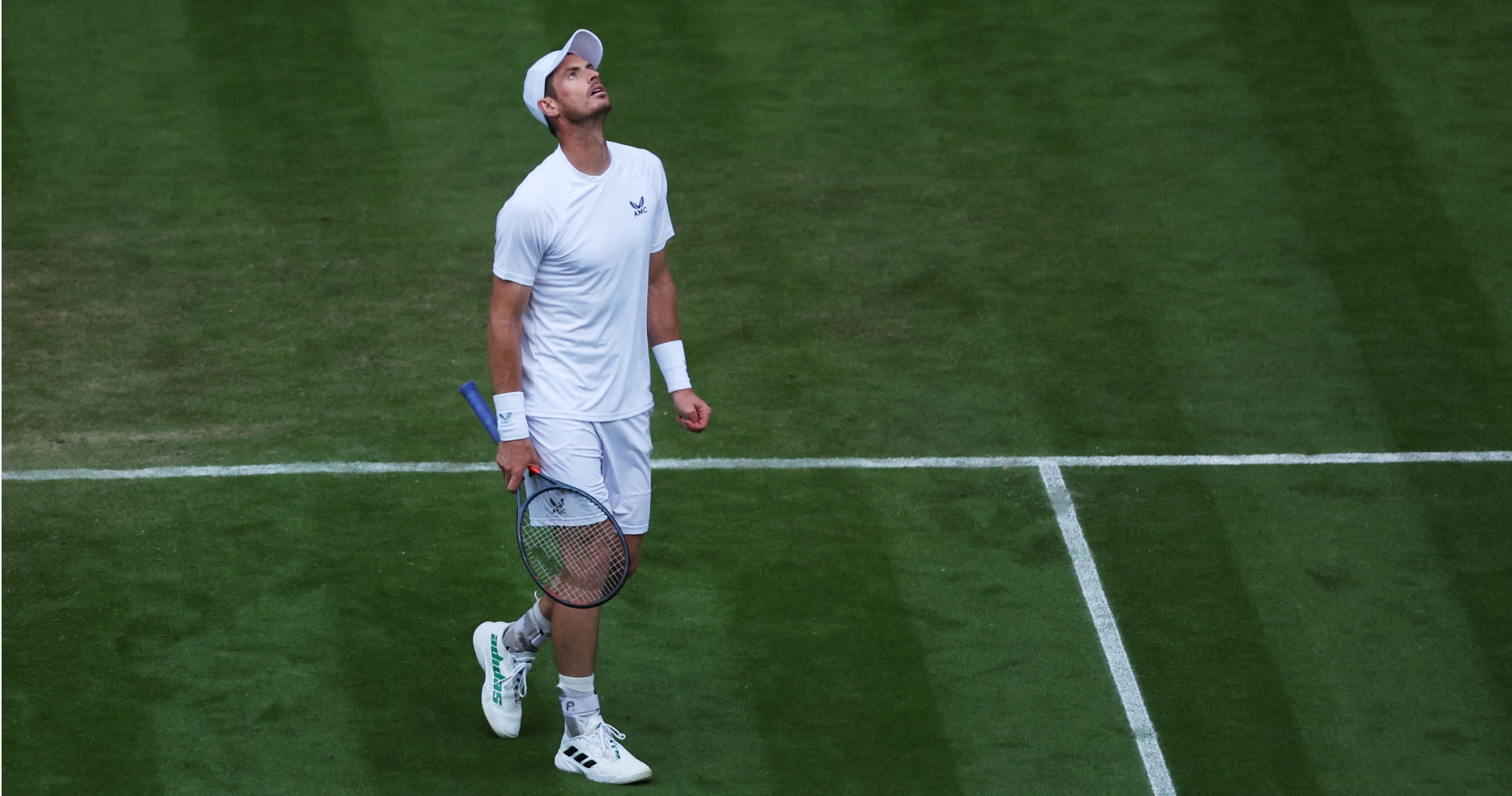
In the end, everyone will decide whether or not it’s a good idea to consume more and more tennis to accelerate tactical progress. “Some have an innate sense of the game, are quick to analyse and have a good feel for things. Some have less of this ability, and that’s where the coach has to fill any gaps,” explains Winogradsky, current coach of the “Ambition Grand Slam” group at the French Tennis Federation.
It’s also the coach’s job to take the pressure off the player, according to Eric Winogradsky. “Aside from their player’s matches, the coach has to go and see others, and trainings too, it’s a complementary job they have has to do. The player isn’t going to spend their day doing that either,” he continues, even if he personally is convinced of the benefits for the player of watching as much tennis as possible.
Mental health crucial for everyone
As much tennis as possible, yes, but at what price? Many players, such as Naomi Osaka and Amanda Anisimova, have recently taken a career break to protect their mental health: a pressure that’s difficult to eliminate, and which reverberates outside the tournament and in everyday life.
Is it necessary, then, to persist in watching your sport on television? “To recharge your batteries, you need to cut yourself off from your activity as much as possible. Some players are totally addicted and just can’t cut it. I think there are fewer of them. It’s important to refresh your ideas and your neurons,” asserts Winogradsky. This reasoning also applies to players who can’t help but consume their sport, everywhere, all the time.
If nothing has been proven on the subject, it’s logical to think that a feeling of boredom is more likely to set in among these competitive individuals.
Young players have lost the habit of watching tennis
On Twitter, in the wake of Murray’s statements about the Wimbledon final, one response caught the eye: that of Ivan Ljubicic, former player and coach of Roger Federer. “Today, I think young players don’t watch enough tennis. They only watch the highlights, which obviously say nothing about the match. There’s so much to learn from other players’ matches,” lamented the man who is director of the FFT’s “Ambition 2024” mission.
This is for the 'manual' on HOW to watch tennis matches if you're a player. Today I find that young players are not watching enough tennis. If anything, highlights, which obviously don't say anything about the match. So much can be learned from matches of other players https://t.co/deqJ9iZXbo
— Ivan Ljubicic (@theljubicic) August 2, 2023
It’s a criticism largely validated by Éric Winogradsky: “You have to fight. They watch bits and pieces, summaries on social networks with incredible points. But unfortunately that’s not the reality of the game. We encourage them to watch as many matches as possible, rather than chat on social networks and be on their mobiles all day.”
So how do you watch a tennis match and get something positive out of it? “It’s all about not doing anything else on the side. You have to pay attention, not look at your phone every three minutes. That’s the problem today. When you’re experienced enough and focused on the task, there’s nothing better. In the old days, you’d get a DVD and consume the whole thing,” concludes Winogradsky, who would like to see more rigour from young people when it comes to this task.
It doesn’t guarantee a better career – but it does at least maintain a certain tennis culture that seems to have been lost since the advent of social networks.






